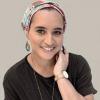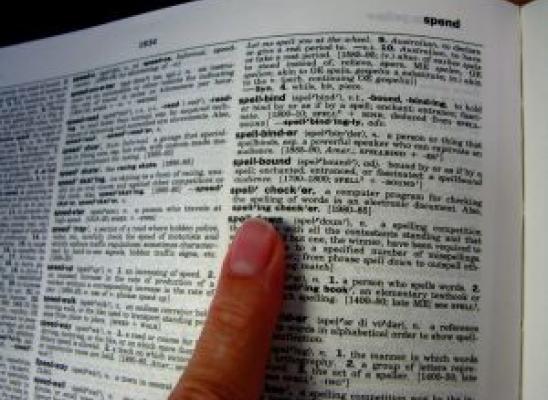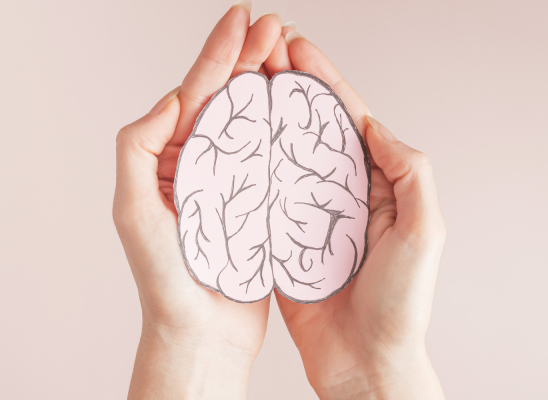What is Trichology?
Online test
Find out the severity of your symptoms with this free online test
 Trichology is 'the science of the scalp and hair in health and disease' and is regarded as a specialist branch of Dermatology. Trichologists are academically trained in hair and scalp biology and disorders, and as such are able to advise on, diagnose and treat hair loss, problems of the scalp, and hair breakage and damage. Although health professionals can train in trichology, on its own, trichology is not regulated by health professional licensing. This means that it is not against the law for an untrained person to call themselves a trichologist. However there are organizations who guide the development and ethics of the profession and provide accreditation to trichologists to provide assurance to potential clients.
Trichology is 'the science of the scalp and hair in health and disease' and is regarded as a specialist branch of Dermatology. Trichologists are academically trained in hair and scalp biology and disorders, and as such are able to advise on, diagnose and treat hair loss, problems of the scalp, and hair breakage and damage. Although health professionals can train in trichology, on its own, trichology is not regulated by health professional licensing. This means that it is not against the law for an untrained person to call themselves a trichologist. However there are organizations who guide the development and ethics of the profession and provide accreditation to trichologists to provide assurance to potential clients.
Recognized world-wide
Despite the lack of regulation, trichology is a growing profession, with an international association that enjoys world-wide representation. The International Association of Trichologists (IAT) is a non-profit organization that offers a course developed at the University of Southern California. They also offer clinical training in counties like America, Australia, Brazil, India, and Russia. This year the IAT will host its 3rd Annual World Trichology Conference in Washington D.C. from 19-20 July 2015. The event specifically targets hair loss experts, hair replacement specialists and medical professionals who manage clients with hair loss and scalp disorders. The Institute of Trichologists is another leading professional association, almost 100 years in existence, and the largest provider of training in trichology in Europe. For the protection of patients, the Institute of Trichologists publishes a Code of Professional Practice and Ethics by which all practising trichologists who are registered members of the Institute are expected to abide by.

Trichology and Trichotillomania diagnosis
Trichology can be useful in the diagnosis of trichotillomania. A procedure called trichoscopy enables the trichologist to visualize the hair shafts, hair follicles and abnormalities of the scalp skin colour or structure. Trichoscopy is done using a hand held dermascope. One of the criteria for diagnosis of trichotillomania is that the hair pulling and hair loss should not be attributable to another medical condition. Thus trichotillomania should be differentiated from other causes of patchy non-scarring hair loss. In trichotillomania trichoscopy shows the presence of broken hairs of varying lengths. When the hair is pulled out of the scalp during trichotillomania it is plucked directly from the hair follicle, sometimes trichotillomania also results in the hair staying in the scalp but it gets broken off close to scalp level. Usually stubble is visible where the hairs haven’t quite been pulled cleanly out of the hair follicle, in which case rows of broken hairs are commonly found with trichotillomania.
 Trichology help
Trichology help
Following a confirmed diagnosis of trichotillomania it is advisable to seek help for the behaviour first, but trichology can assist in the repair and recovery of the hair follicles and scalp. A trichologist will closely check your scalp for any signs of hair follicle damage so that you are fully aware of what your chances are of recovering the hair that was lost due to trichotillomania. Most of the time no hair follicle damage occurs with trichotillomania, but if there are signs of damage this will be discussed with you. Trichological treatment can help treat scalp injuries and infections caused through trichotillomania.Trichology takes a holistic approach to treatment, which involves taking into account lifestyle, diet and wellbeing as a whole, as well as the signs and symptoms present.
Online test
Find out the severity of your symptoms with this free online test
Start your journey with TrichStop
Take control of your life and find freedom from hair pulling through professional therapy and evidence-based behavioral techniques.
Start Now



